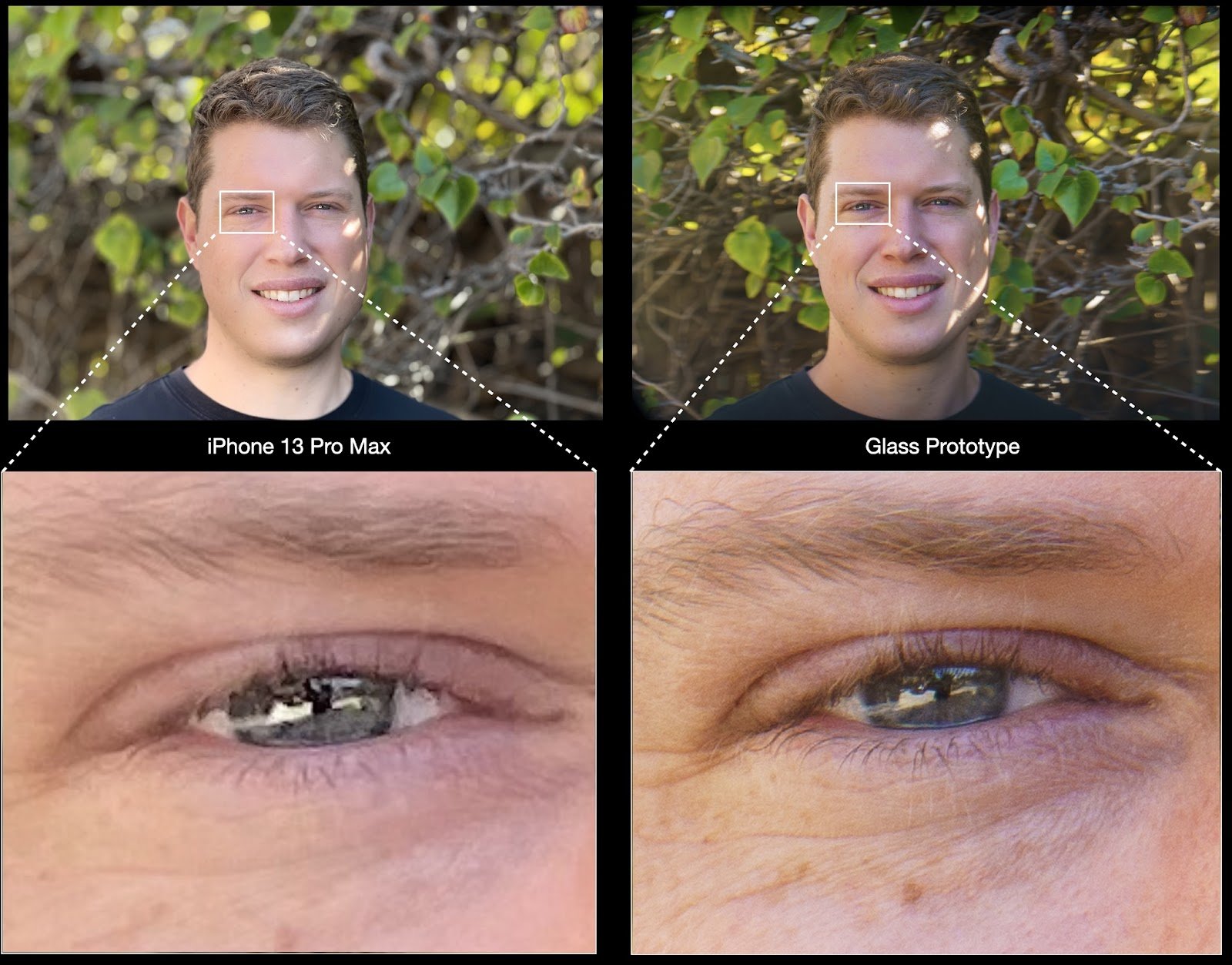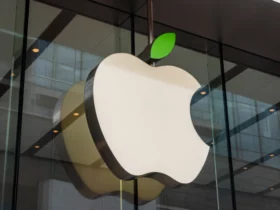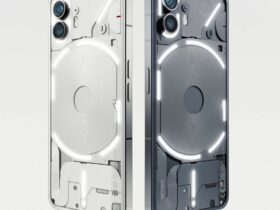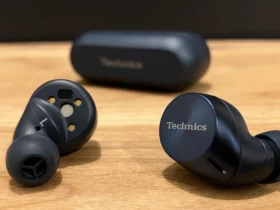Your smartphone camera is not just hardware, it’s also software. Glass Imaging, a tech company, is looking to improve both. The company has just released an AI-powered camera enhancement that it claims drastically improves image quality.
GlassAI: Image Enhancement Through Software
GlassAI is a pure software approach to image enhancement, or image signal processor (ISP). ISPs essentially transform raw sensor output into the sharp, colorful images we see. ISPs are also becoming increasingly complex, as demonstrated by phone makers like Apple and Google.
They synthesize multiple exposures, detect and sharpen faces quickly, adjust for small movements, and so on. Some incorporate machine learning or AI, but their use must be careful. Using AI to generate detail can actually lead to hallucinations as the system tries to create visual information that doesn’t exist.
Extracting Detail, Not Creating New Detail
GlassAI doesn’t create new detail, it extracts it from the raw image. Depending on your camera settings, certain angles or noise patterns can be overcome or even leveraged. Learning how to turn details into reality becomes an important part of the computational photography stack. This also includes combining details from multiple exposures.
Better Performance Than Other Industry ISPs
According to Ziv Attar, CEO of Glass, their neural ISP is better than anything else in the industry. He argues that Apple, for example, doesn’t have a full neural image stack. Apple only uses it in certain situations. He cites an example of Apple’s neural ISP failing to interpret text correctly, while Glass is much better.
As an example, Attar gave a case study where they had DXO evaluate the Moto Edge 40 camera. Then they did it again with GlassAI. The image quality processed by Glass was all clearly improved.
Faster and More Efficient Process
Smartphone and camera manufacturers have to spend a lot of time tuning their ISPs. As a result, the sensor, lens, and other components work together to produce the best possible image. However, it seems that Glass’ one-size-fits-all process produces better results in less time.
Available for Various Devices
This neural ISP can go directly from RAW sensor to final image without any additional processes like denoising, sharpening, and so on. GlassAI is now generally available after a long testing period with partners. If you’re making an Android phone, it might be worth trying GlassAI.
You can see and compare image details directly on some sample photos provided by Glass. Simply toggle between the original RAW file and the final result processed using GlassAI.
Read Also: Samsung Smartwatch Receives FDA Approval for Sleep Apnea Detection






